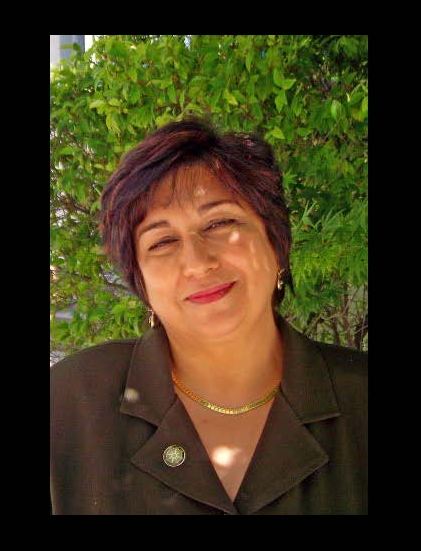KUWAIT: Kuwait”s highest court ruled Wednesday that women lawmakers are not obliged by law to wear the headscarf, a blow to Muslim fundamentalists who want to fully impose Islamic Sharia law in this State.
The Constitutional Court issued rulings on 11 cases filed contesting the 2009 elections considered one Parliament membership void and appointed a new MP. The court ruling that was presided over by Chief Justice Faisal Abdelaziz AlـMershed, ruled that Badi Alـ Dousari”s Parliament membership was void and that Khaled AlـAdwa was now the new MP in the Fifth Constituency.
The court had considered 11 cases filed by candidates contesting the 2009 municipal and parliamentary elections, one contesting the municipality”s results and another ten concerning the parliamentary elections.
All challenges were rejected except that of AlـAdwa, who is now MP in the Fifth Constituency.
The Constitutional Court dismissed another case raised by a voter who claimed that two of four women elected to Parliament in May ـ Rola Dashti and Aseel AlـAwadhi ـ cannot be members of the legislature because they do not comply with the Islamic dress code. The other two elected lawmakers wear the headscarf known as hijab, and clothes that fully cover their arms and legs.
The landmark ruling was the second recent breakthrough for Kuwaiti women.
Last week, the same court granted married women the right to obtain a passport without their husband”s approval, saying the decadeـold requirement was “unconstitutional” and “compromised on their humanity.”
Kuwait”s Parliament approved a suffrage bill in 2005 but fundamentalists added an obscure lastـminute article saying women have to abide by the rules of Sharia, or Islamic law, when they exercise their political rights. Although a majority of women in Kuwait wear the hijab, covering up is not compulsory in this country.
The court ruled that the Election Law Article was neither wellـdefined nor “specific” to the dress code, and stressed that “the country”s 1962 Constitution guarantees personal freedoms and freedom of religion.”
The fiveـjudge panel said Sharia teachings have to be passed as laws before they become obligatory. For about two decades, Muslim fundamentalists have been trying to make Islamic law the sole source of legislation in Kuwait instead of a “main source” as it has been so far. They have succeeded through moves in Parliament in clamping down on public entertainment and banning coeducation at universities.
Their political foes, namely the Westernized liberals, have become much fewer and less organized.
Following the May elections, fundamentalists now hold 17 seats in the 50ـmember Parliament. Their number rose by one on Wednesday, when the Constitutional Court also replaced a lawmaker with his runner up, an Islamist candidate, citing a mistake in vote counting. The decision of the court, whose rulings are final, was announced to reporters by the Chairman of the court, Yussef Ghanam AlـRashid. Two of the four women who were elected to Parliament for the first time in May refused to wear the hijab, which has also been spurned by the only woman appointed in May as minister in the Kuwaiti government.
The Fatwa and Legislation Department, which issues religious edicts, ruled early October that Muslim women must wear the hijab in line with Islamic Sharia Law.
Islamist MPs are demanding the authorities enforce the fatwa, but their liberal colleagues say it is nonـbinding, insisting that the rule of law and the Constitution should be the only points of reference. Kuwait does not enforce any dress code on women because the Constitution guarantees personal freedom.ـAgencies


